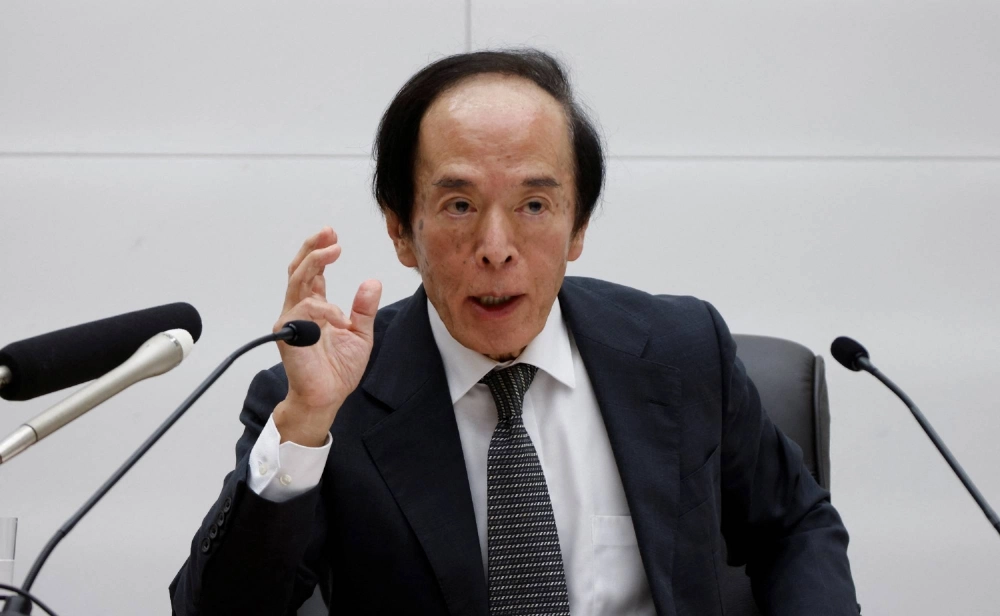In a surprise move, the Bank of Japan's policy board voted unanimously Friday to start unloading about ¥335 billion ($2.4 billion) a year of exchange-traded funds (ETFs) and Japan real estate investment trusts (J-REITS).
Stocks sank immediately after the announcement.
The Nikkei 225 stock index, which hit a new record just after the open, dropped more than 1% as traders and investors got news of the ETF plan, which will help reduce the size of the central bank's massive balance sheet. The yen strengthened.


















With your current subscription plan you can comment on stories. However, before writing your first comment, please create a display name in the Profile section of your subscriber account page.